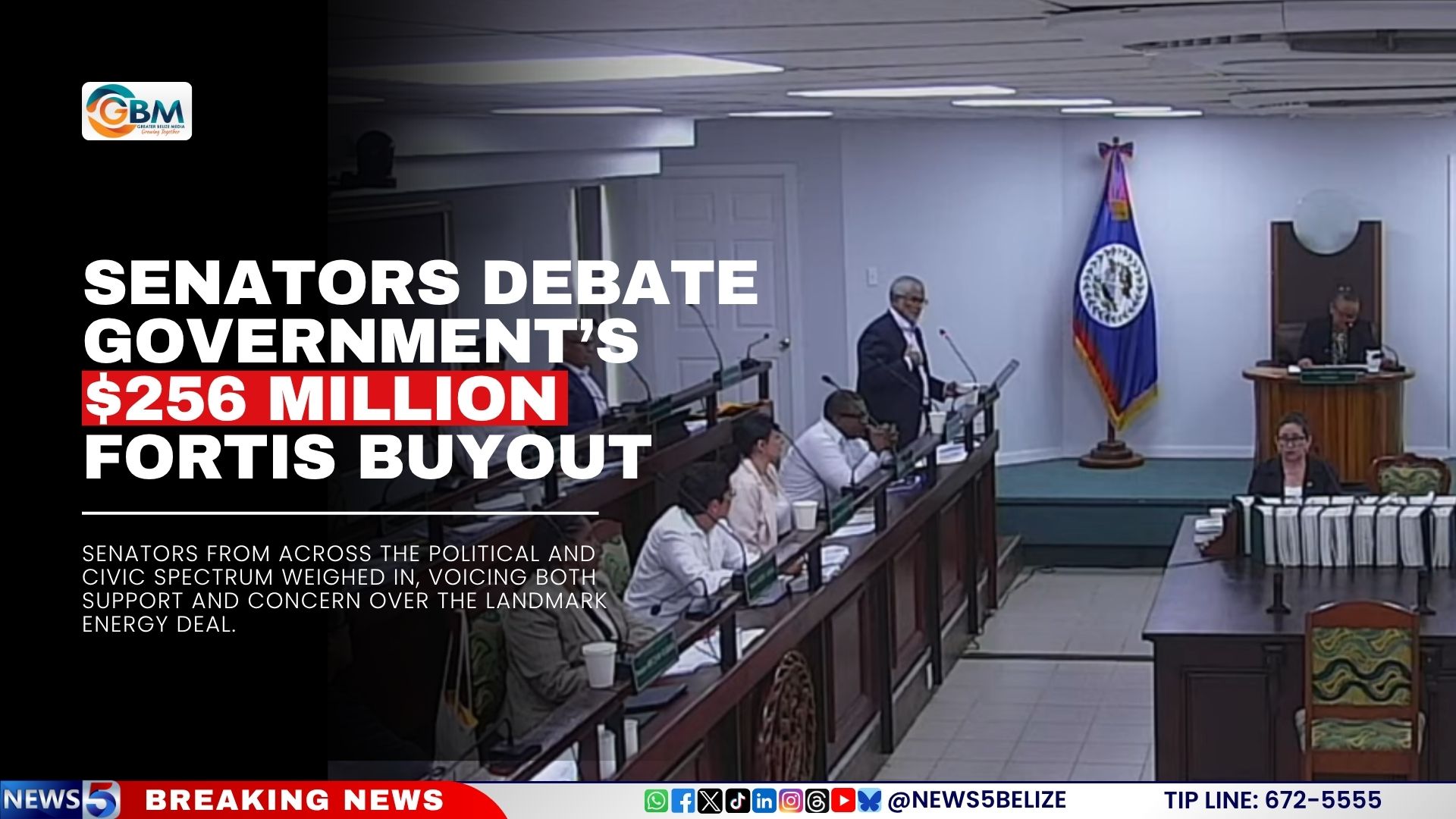A heated debate unfolded in the Belizean Senate on October 20, 2025, as lawmakers deliberated the government’s proposed $256 million acquisition of Fortis’s operations in Belize, including its 33% stake in Belize Electricity Limited (BEL). The discussion highlighted divergent perspectives on the economic, environmental, and social implications of the landmark energy deal. Senator Louis Wade, representing the Churches, voiced environmental concerns about the dams, labeling them costly and not environmentally friendly. However, he emphasized the importance of Belizean ownership of national assets, suggesting that citizens should have the opportunity to invest directly. ‘Government shouldn’t own everything,’ he remarked, advocating for public participation in the acquisition. UDP Senator Sheena Pitts raised critical questions about accessibility, questioning whether average Belizeans could afford to purchase shares in BEL given the current economic climate. ‘At a time of inflation and high living costs, which Belizean has disposable income to invest?’ she asked, highlighting broader concerns about economic inequality. Senator Eamon Courtenay, from the governing party, defended the structural integrity of the dams, asserting that they are in good operational condition and require only minor repairs. His comments aimed to reassure the public about the viability of the assets. Senator Janelle Chanona, representing non-governmental organizations and a BEL board member, addressed misconceptions about electricity rates, stating that Belize’s energy costs are not as high as perceived. Meanwhile, Opposition Senator Patrick Faber criticized the rushed legislative process, accusing the government of failing to incorporate stakeholder feedback. ‘Consultation doesn’t mean just informing people; it means listening to them,’ he argued, underscoring concerns about transparency and inclusivity. The debate underscores the complexity of the Fortis acquisition, balancing national interests, environmental considerations, and public accessibility.
